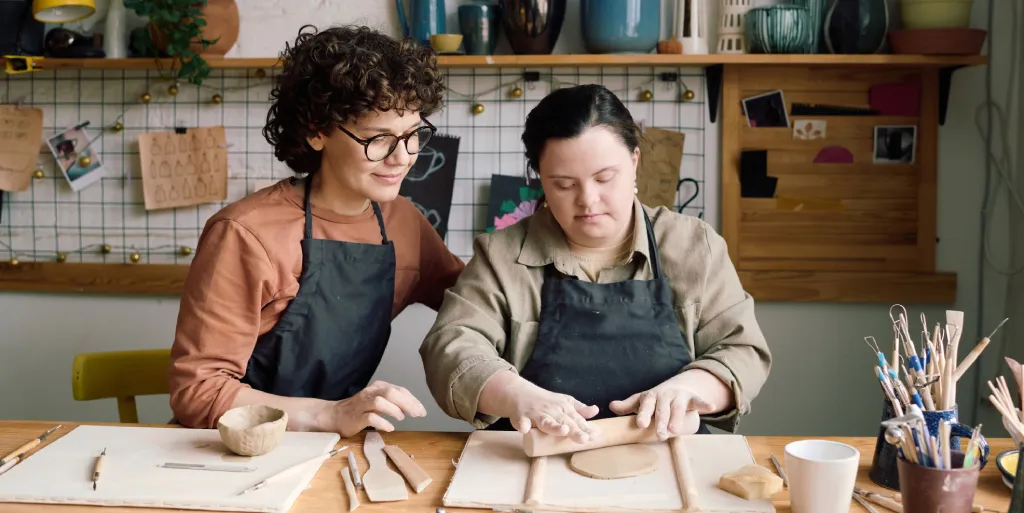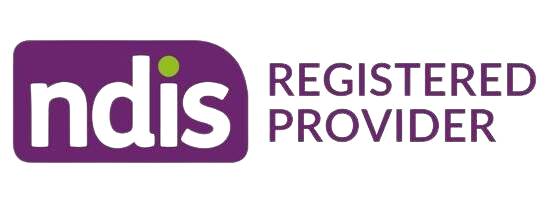Our Services
Have an Question ?
Are You Eligible?
Explore the assistance available to you today.

NDIS Positive Behaviour Support
We understand that every behaviour has a reason. If you or a loved one experiences behavioural challenges, our team provides compassionate, effective support to develop positive and constructive responses.
Our Positive Behaviour Support (PBS) approach focuses on understanding the underlying causes of behaviours of concern and creating personalised strategies that promote independence, wellbeing, and positive change. This evidence-based approach is suitable for both children and adults with disability who may display challenging behaviours.
We aim to empower you to live with confidence and greater self-control. Working closely with you, your family, and your wider support network, we develop tailored behaviour support plans that reflect your unique needs, goals, and environment.
Our Behaviour Support Practitioners provide guidance and strategies
- Reduce or eliminate behaviours of concern
- Encourage positive, meaningful behaviours
- Build emotional regulation and communication skills
- Create supportive, safe, and consistent environments
How We Can Help with Positive Behaviour Support
Our qualified Positive Behaviour Support (PBS) Practitioners are dedicated to helping you understand and manage behaviours of concern in a supportive, empowering way.
We start with a comprehensive assessment to identify the reasons behind specific behaviours. Working closely with you, your family, and your support network, we develop a personalised Behaviour Support Plan designed to promote positive change and enhance overall wellbeing.
Our plans focus on making challenging behaviours unnecessary by addressing triggers and reinforcements, while teaching alternative, positive behaviours to improve communication and interaction.
Strategies within your Behaviour Support Plan may include
- Enhancing communication and social skills
- Adjusting the environment for better support
- Developing safe and effective responses
- Stress, anxiety, and anger management techniques
A well-designed PBS plan can lead to improved communication, stronger relationships, greater independence, and enhanced community participation. By recognising that every behaviour has a purpose, we help replace challenging behaviours with safer, more constructive ways to express needs and emotions.


